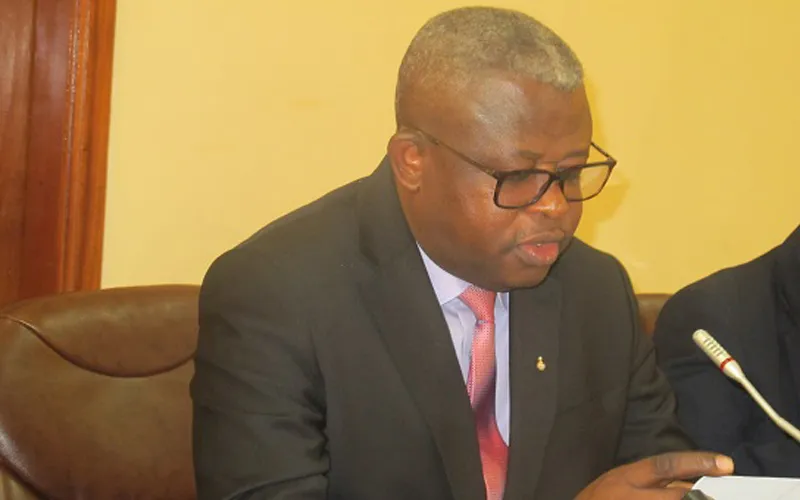Kinshasa, 15 April, 2021 / 5:35 pm (ACI Africa).
Catholic Bishops in the Democratic Republic of the Congo (DRC) have faulted the government's decision to suspend 600 Catholic schools claiming that the learning institutions are among those operating under “fake authorization certificates.”
In their message through the Secretary General of the National Episcopal Conference of Congo (CENCO), Fr. Donatien Nshole, Catholic Bishops in DRC urge the government carry out a verification process that is thorough.
In a letter dated March 30 sent to Provincial Governors in DRC, the Secretary General of Primary, Secondary and Technical Education (EPST), Jean-Marie Mangobe Bomungo, announced the suspension of 1179 schools from the government's list of authorized institutions, a list that included 600 Catholic Schools.
The suspended institutions, the government alleges, are operating under false authorization and that the identification data of their respective staff and agents are irregular.
Addressing journalists at a press conference Wednesday, April 14, CENCO Secretary General, Fr. Nshole said, “The Catholic schools listed as operating with fake authorizations are very old schools that were created since the Second Republic or even since the colonial era.”








